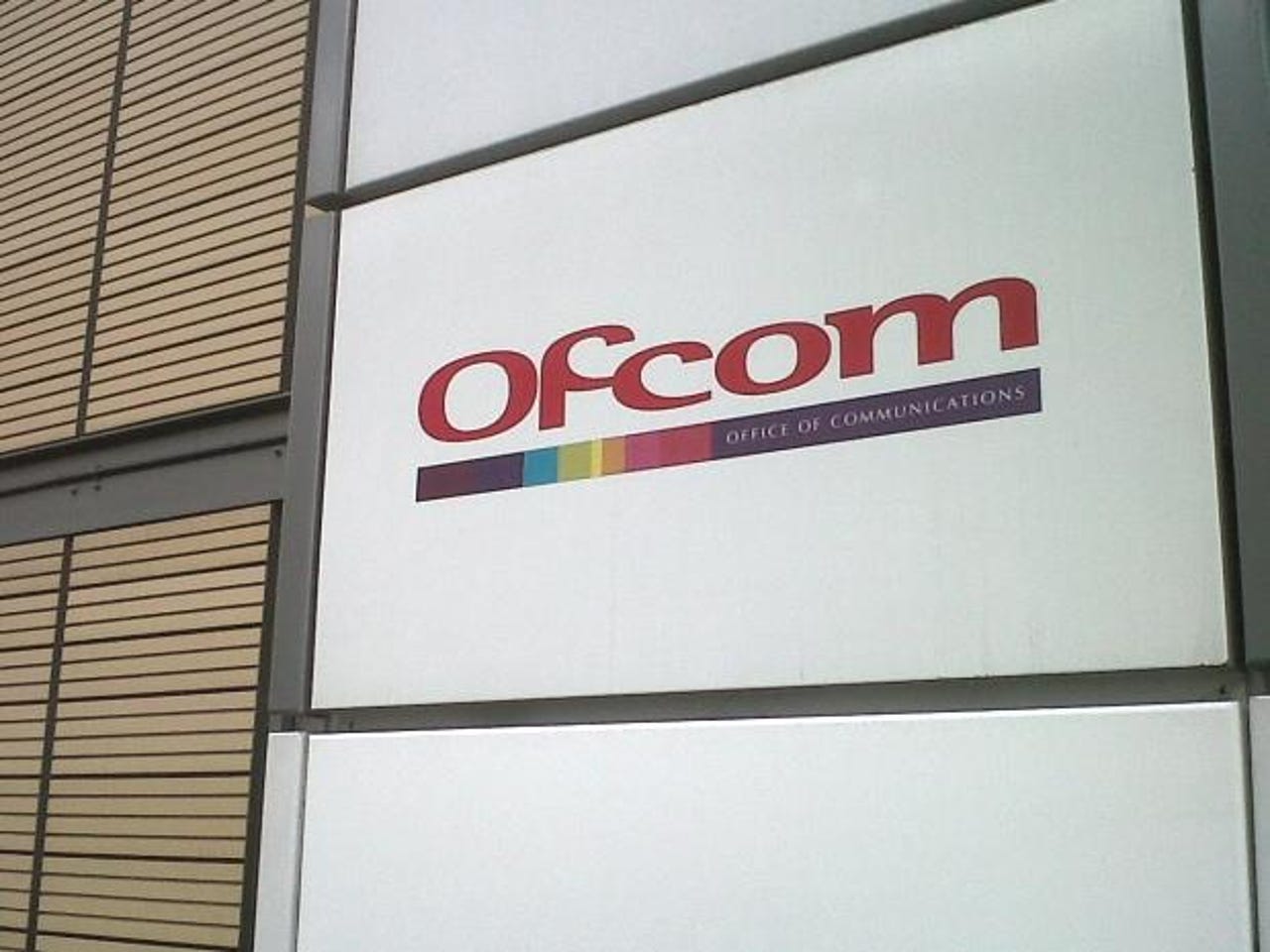4G decision annoys Everything Everywhere's rivals - but it will benefit consumers

Ofcom's decision to allow Everything Everywhere — the company behind T-Mobile and Orange — to begin offering 4G services from 11 September has been met with predictable disappointment from the other mobile operators left out in the cold.
However, it will give millions of mobile users access to the faster services before the end of 2012.

It's unsurprising that Everything Everywhere's (EE) rivals have responded to the news with disappointment. Ofcom's decision will allow EE to offer services at least three months (or more likely, around six months to a year) in advance of other operators, by allowing it to make use of the 1800MHz spectrum that it already owns rather than waiting for the upcoming auction of 4G spectrum scheduled for the end of 2012.
READ THIS: 4G in the UK: What it means for you
"We are hugely disappointed with today's announcement, which will mean the majority of consumers will be excluded from the first wave of digital services. This decision undermines the competitive environment for 4G in the UK," an O2 spokesman said.
Ofcom has taken its time in deciding whether or not to allow EE this undeniable competitive advantage — EE first asked for Ofcom approval in January — but rival networks believe the decision is still flawed.
'Competitive distortion'
"The regulator has shown a careless disregard for the best interests of consumers, businesses and the wider economy through its refusal to properly regard the competitive distortion created by allowing one operator to run services before the ground has been laid for a fully competitive 4G market," a Vodafone UK spokesman said in a statement.
With the 4G spectrum auction process having been delayed on multiple occasions due to the threat of litigation from operators, Vodafone says, allowing EE to launch services before the auction could provide an incentive for the company to try and delay the process further given that, until the auction goes ahead, it will be the only game in town.
"The regulator has spent several years refusing to carry out a fair and open auction. Now its decision today has granted the two most vociferous complainants during that entire process a massive incentive to further delay it," the spokesman added.
While the decision will most likely hurt EE's rivals, it's difficult to support the exclusion argument: EE has a combined customer base of around 27 million customers, which is 27 million more people that will be able to sign up for 4G services before the end of 2012.
However, while it will potentially give 4G access to those people, consumers won't have a choice in their 4G provider until spectrum in the 800MHz and 2.6GHz frequencies is auctioned. Should EE's service seem too expensive or if it doesn't work very well, there will be no one else to turn to as an alternative.
(Technically, there is one other 4G alternative, as UK Broadband already offers a 4G service in Southwark, London, and in Swindon, but it's so limited in its reach that it can't really be considered a true alternative to EE for most consumers.)
Role of Three
Vodafone also pointed out the decision comes amid reports that EE is in talks to divest some of its spectrum to Three.
"The regulator has shown a careless disregard for the best interests of consumers, businesses and the wider economy" — Vodafone
"Ofcom's timing is particularly bizarre given the reports that Everything Everywhere is currently in discussions to sell some of its spectrum to Three, which Ofcom has previously been at such pains to protect with its over-engineering of the 4G auction," the spokesman said. "This means the balance in the auction will fundamentally change."
If such a deal did go ahead, and Three was granted permission to use the spectrum before the auction process, it too could theoretically launch 4G services ahead of the competition. However, Three's official response to Ofcom's decision echoed the disappointment of the bigger operators.
"Liberalisation of 2G spectrum to date has distorted the competitive landscape in the UK, which ultimately harms consumers. Further liberalisation without addressing competition issues could make that distortion worse," Three said.
Startling decision?
Wireless analyst Morgan Mullooly at Analysys Mason said that Ofcom could have done more to minimise complaints from other operators and create a fairer playing field.
"Ofcom's decision is really rather startling — if not completely unexpected. Although Ofcom gave an initial informal knee-jerk, head-nod to the proposal [to permit EE to use its 1800MHz spectrum for 4G] when it was first raised, it postponed making a decision at that time due to the overwhelming objection to the plan by Everything Everywhere's competitors," Mullooly told ZDNet.
"While refarming of spectrum is of course a sensible endeavour — it engenders both technological efficiency and socio-economic benefits — Ofcom could have been more judicious and allowed refarming after the auction. This would have allowed all operators to deploy LTE (4G) on a level playing field," Mullooly added.
As it stands right now, Everything Everywhere is free to start offering 4G LTE services in the 1800MHz band from 11 September. How quickly it brings the technology to market remains to be seen, but with its experience in conducting 4G trials and as a first-mover, it will be sooner rather than later, and definitely before the end of 2012.
It is unclear exactly how the service will be branded or offered, or indeed how it will be priced, but Everything Everywhere did confirm to ZDNet on Tuesday that it will be introducing a new brand "later in the year" that will run alongside the existing Orange and T-Mobile brands.